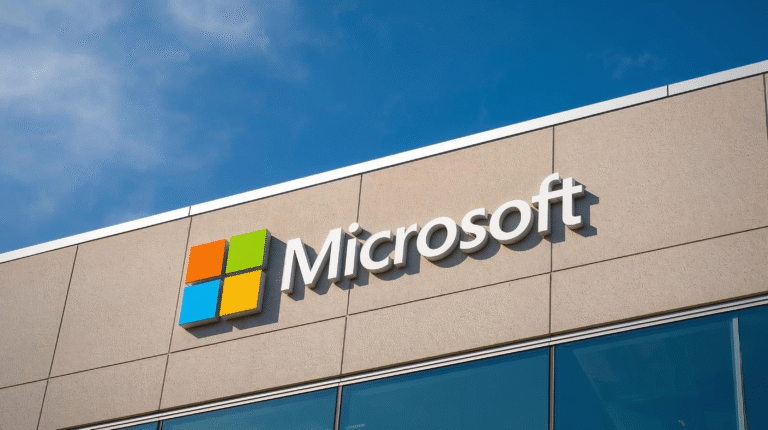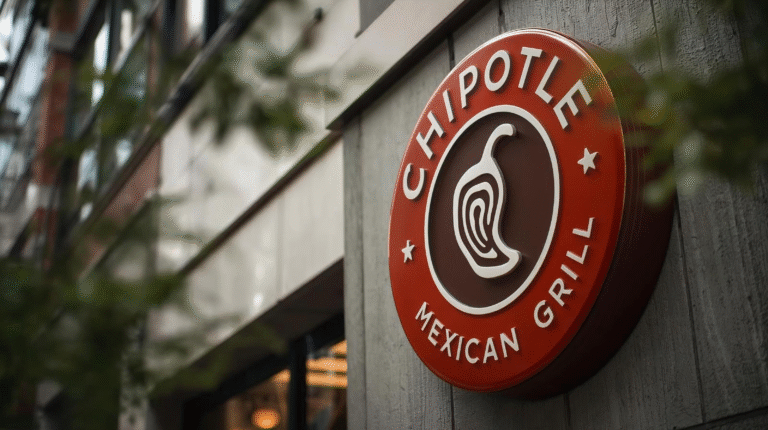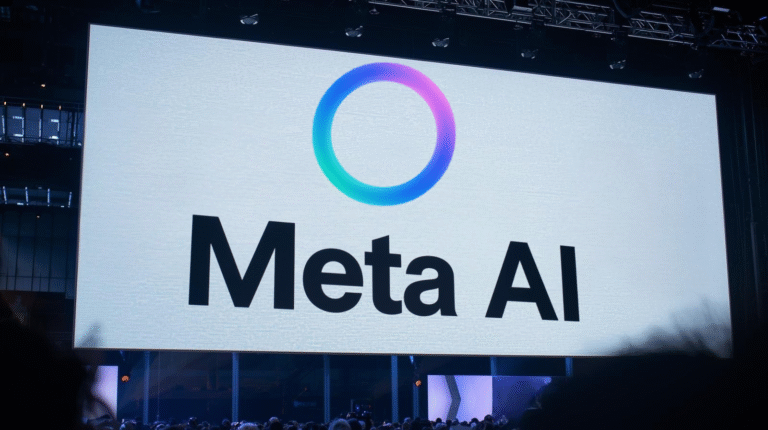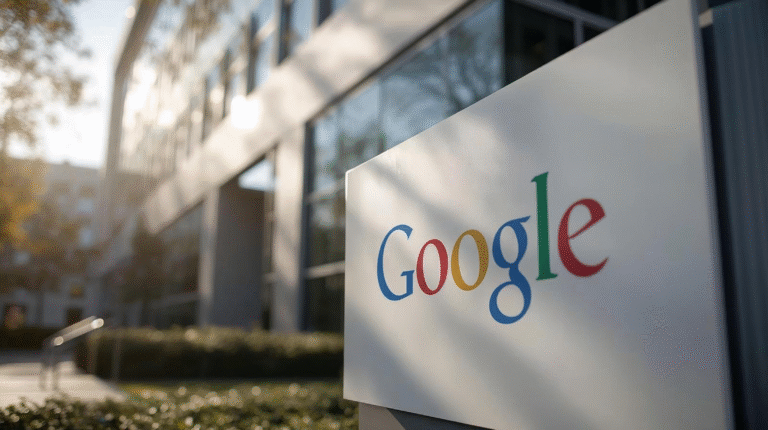

Introduction
Walmart’s recent recall of radioactive shrimp has gotten a lot of people talking. From financial experts to everyday shoppers, the buzz is all over the US stock market. While food recalls are not uncommon, the addition of the word “radioactive” to Walmart’s popular frozen shrimp line has made this case unique and attention-grabbing. Investors are questioning whether this health scare could affect Walmart Inc. stock or if the market will remain resilient despite consumer concerns.
In this detailed blog, we will explore the background of the recall, the reaction of the US stock market, Walmart’s strategic response, and whether long-term investors should worry.
Understanding the Walmart Radioactive Shrimp Recall
Food recalls occur when there is a potential risk to consumer safety associated with certain products.. In Walmart’s case, the recall was triggered by concerns that certain frozen shrimp batches. It is possible that radioactive contamination occurred during the shipping and processing stages.
The moment the term radioactive shrimp surfaced, it triggered panic among customers and raised questions about food safety standards. Walmart quickly removed the impacted items from its shelves and started processing refunds to uphold customer confidence.
What many investors are wondering is whether this incident can impact Walmart’s stock value.
Historical Context – Food Recalls and Stock Price Reactions
Before analyzing Walmart’s specific case, it’s important to understand how the US stock market usually responds to food-related recalls.
Short-Term Panic, Long-Term Stability
Historically, companies like Chipotle, McDonald’s, and Kraft Heinz have faced recalls due to contamination, labeling errors, or safety risks. Their stocks often dip in the short term as headlines spread fear, but in most cases, prices stabilize once companies demonstrate swift corrective action.
Factors Influencing Stock Market Reaction
- Severity of Risk – If the recall involves immediate life-threatening risks, markets tend to react more negatively.
- Scope of the recall – The wider the recall, the bigger the impact on finances.
- Company Reputation – Firms with strong brand trust tend to recover faster.
- Investor Sentiment – If investors believe the issue is isolated, they often hold their positions.
The recall of radioactive shrimp at Walmart is classified as having “low to moderate” severity, suggesting that its impact on the market is likely to be minimal.
Walmart’s Response to the Recall
Walmart’s reputation as the largest retailer in the world depends heavily on its ability to act decisively during crises. In this case, Walmart took multiple steps:
Swift Removal of Products
The company immediately removed the shrimp from all affected stores, minimizing the chance of further sales.
Refund Assurance
Customers were offered quick refunds or replacements, which reassured buyers that Walmart values safety over sales.
Supplier Scrutiny
Walmart has initiated an internal review of its supply chain partners in an effort to identify the source of the radioactive contamination.
These measures signaled to the US stock market that Walmart is in control, which likely softened any potential negative reaction.
Walmart Stock Performance During the Recall
When the recall news broke, analysts expected at least a temporary dip in Walmart Inc. stock. However, the stock showed resilience.
Short-Term Stability
Instead of a steep decline, Walmart shares remained steady, showing that investors saw the recall as an isolated incident rather than a long-term threat.
Investor Confidence
The US stock market tends to reward companies that react quickly and transparently. Walmart’s proactive stance reassured investors that the issue would not escalate into a prolonged crisis.
Comparison to Past Trends
Compared to companies that saw 5–10% dips after recalls, Walmart’s stability suggests that its brand strength and diversified business model insulated it from volatility.
Broader Impact on the US Stock Market
The recall did not only affect Walmart—it also highlighted larger concerns within the US stock market about food safety, supply chain transparency, and import monitoring.
Ripple Effect on Retail Sector
Other retailers selling frozen seafood products experienced scrutiny, though none faced direct recalls. Still, investors briefly assessed risk in the broader grocery segment.
Supply Chain and Regulation Concerns
The incident raised awareness about the need for tighter regulations on imported seafood. Stocks of logistics and testing companies even saw slight upticks as markets anticipated greater demand for safety services.
Market Lesson
The event demonstrated how non-financial risks—such as food safety—can momentarily influence the US stock market narrative.
Why Walmart Stock Proved Resilient
Even with the scary news about “radioactive shrimp,” Walmart’s stock is still holding up pretty well. Several factors explain this resilience:
Diversified Revenue Streams
Walmart isn’t just about groceries it has strong earnings from general merchandise, e-commerce, and financial services. This helped cushion any potential loss from seafood sales.
Scale and Market Power
As the largest retailer in the world, Walmart has the resources to absorb small-scale crises without material damage to earnings.
Trust and Transparency
Walmart’s quick acknowledgment of the problem signaled transparency. Markets tend to reward honesty over denial.
Consumer Loyalty
Even though some consumers may hesitate temporarily, Walmart’s convenience, pricing, and wide network ensure long-term loyalty.
Lessons for Investors in the US Stock Market
The Walmart radioactive shrimp recall offers valuable lessons for stock market investors:
Don’t Overreact to Headlines
Markets often price in fear quickly, but stability follows once the situation is managed.
Watch the Fundamentals
Walmart’s fundamentals revenue growth, expansion, and e-commerce success—remain intact. A single recall cannot erase these strengths.
Crisis Response Matters
How a company handles a recall often determines its stock trajectory more than the recall itself. Walmart swiftly addressed the situation, transforming what could have been a major setback into a commendable example of accountability.
Future Outlook – Will Walmart Stock Be Affected Long-Term?
Going forward, it seems like the recall probably won’t have a lasting impact on Walmart Inc. stock.
Short-Term Fluctuations
There may be small dips as news cycles amplify the story, but investors who take a long-term perspective will likely see stability.
Strength in the Retail Sector
As inflation eases and consumer spending stabilizes, Walmart remains a preferred defensive stock in the US stock market.
Monitoring Supply Chains
Future investor concerns may focus on how Walmart improves supplier monitoring to avoid similar issues. If the company demonstrates progress, confidence will grow further.
Conclusion
The recall of radioactive shrimp by Walmart was a startling news story that grabbed the public’s attention, raising questions about its potential influence on both the US stock market and Walmart Inc.’s stock, which was minimal. Thanks to Walmart’s swift response, transparency, and strong fundamentals, the recall did not translate into a major financial setback.
For investors, the key takeaway is clear: Walmart remains a stable and resilient stock. The incident serves more as a reminder of the importance of supply chain safety than as a threat to long-term shareholder value.




1 thought on “Walmart Radioactive Shrimp Recall: Is Walmart INC.’S Stock Impacted in the US Stock Market?”